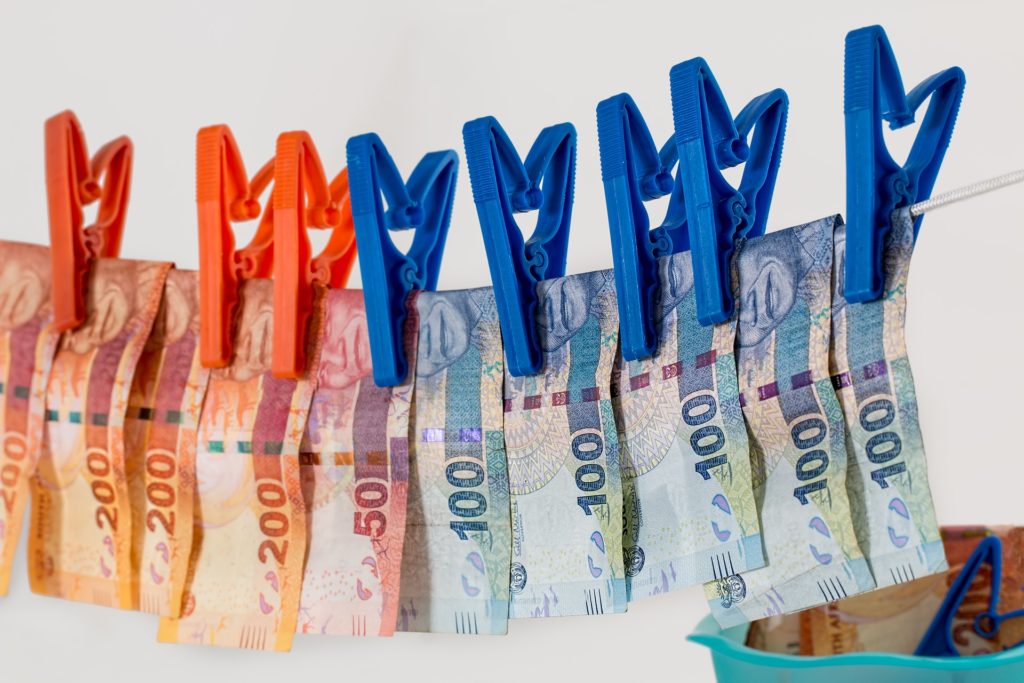My firm just seized a large sum of money from an Asian company that owed our client a large sum of money for some time. I cannot describe this case here because our international litigation team is still working on it, but it makes for a great example of a little known way to grab money from Chinese companies.
Here is a hypothetical scenario, that is not at all uncommon for companies doing business in China:
1. US company buys product from China supplier.
2. US company sends $1 million to China supplier for order of widgets.
3. Widgets either never come or what does come is clearly not what was ordered.
4. Chinese company refuses to give any refund.
What to do?
Sue the Chinese company in the United States and secure a US judgment? Unless the Chinese company has assets in the United States or in a foreign country that recognizes US judgments, this probably will not make sense because China does not recognize or enforce US judgments.
Sue the Chinese company in China? Maybe. There are definitely difficulties with this. First, about 95% of the manufacturing supply contracts I see between Western and Chinese companies are written in such a way as to be pretty much unenforceable in China. Second, collecting on a judgment can be very difficult in China.
So what to do? The best solution might be to seize US dollar funds heading to the Chinese company. Let me explain. The Chinese company with which you did business may very well conduct business with companies in Germany, South Korea, Japan, Hong Kong, France, Singapore, or wherever. These companies probably pay the Chinese company in dollars for the widgets they buy from the Chinese company. Let’s take the example of a German company. The German company buys product from the Chinese company and pays the Chinese company in dollars. This means the German company will instruct its German bank to wire dollars to the Chinese company. These dollars will at some point have to go through a US correspondent bank. And when they do, you have the potential to seize them.
New York State Courts will, under certain circumstances, issue orders requiring the various US correspondent banks to “freeze” the dollar funds heading to the Chinese company so as to secure your debt. These orders remain in effect pretty much indefinitely, but service of the court order on the banks must be made every 24 hours, so the trick is to secure your orders before the money hits the United States.
Oftentimes, one must constantly serve such orders before actually succeeding in freezing actual funds. Freezing these funds is neither cheap nor easy, but it can be extremely effective in intercepting money heading to a Chinese company that thought itself exempt from ever having to pay.

























